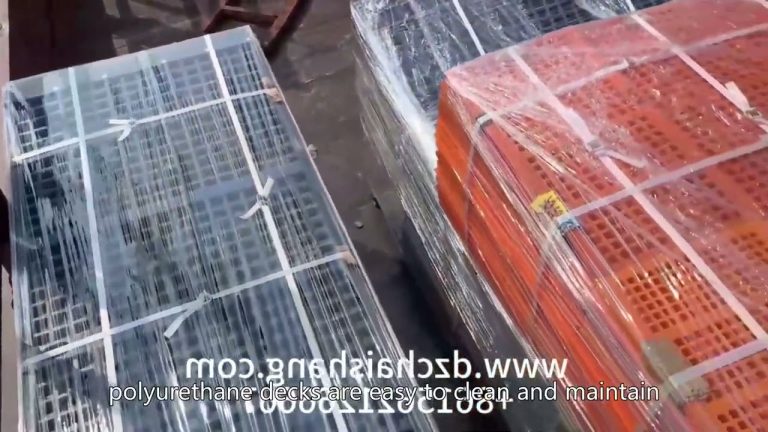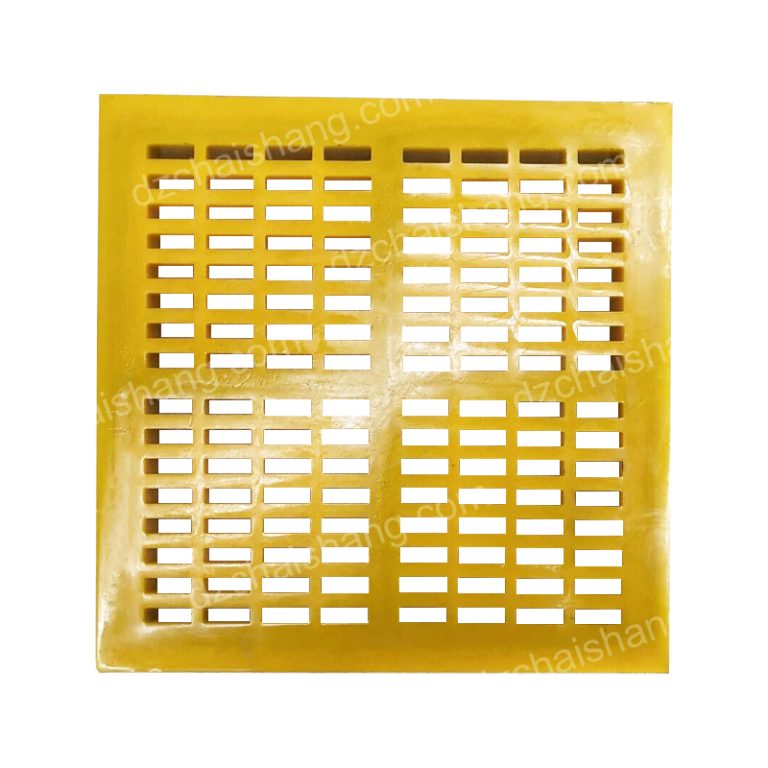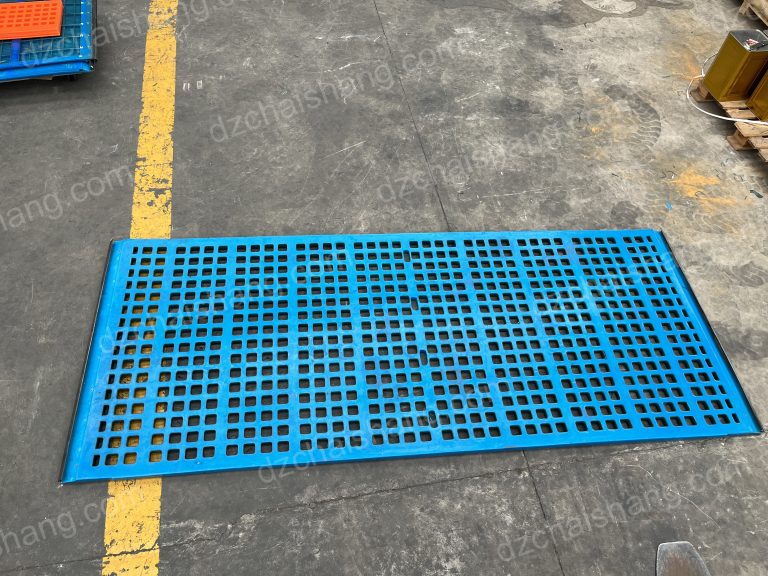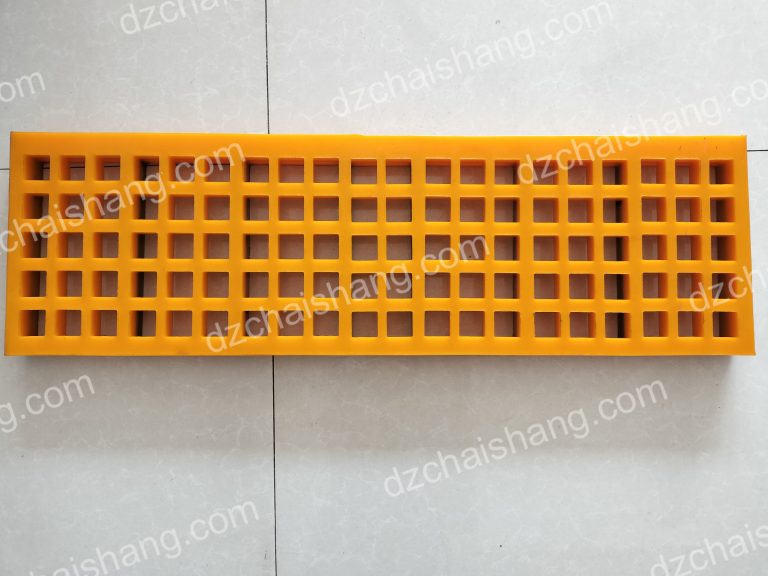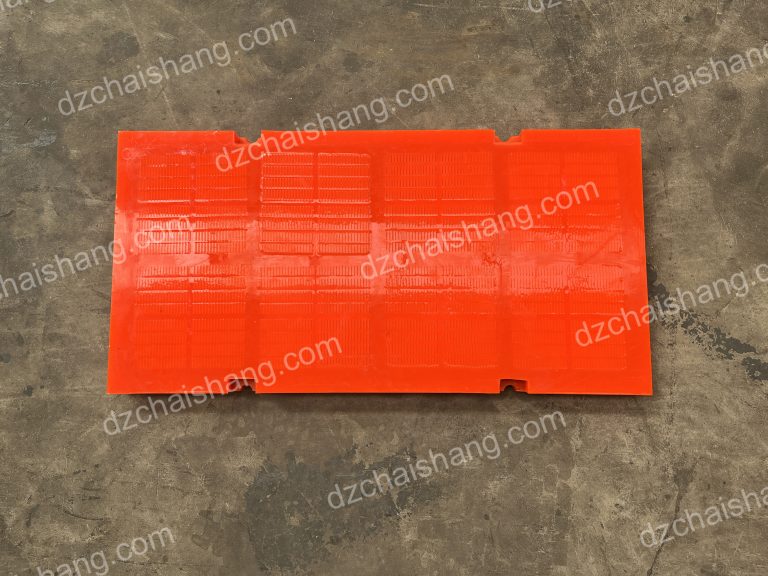china rubber vibrating screen panels,rubber screen mesh factory
Advantages of Using rubber vibrating screen Panels in China In recent years, the use of rubber vibrating screen panels has gained significant…
Advantages of Using rubber vibrating screen Panels in China
In recent years, the use of rubber vibrating screen panels has gained significant traction in various industries across China, primarily due to their numerous advantages over traditional screening materials. One of the most notable benefits of rubber screen mesh is its exceptional durability. Unlike metal screens, which can suffer from wear and tear due to abrasive materials, rubber panels are designed to withstand harsh conditions, making them ideal for heavy-duty applications. This durability not only extends the lifespan of the equipment but also reduces the frequency of replacements, leading to lower operational costs over time. Moreover, rubber vibrating screen panels exhibit superior flexibility, which allows them to adapt to different materials and screening requirements. This adaptability is particularly beneficial in industries such as mining, construction, and recycling, where the nature of the materials being processed can vary significantly. The ability of rubber screens to flex and absorb impact helps to minimize the risk of damage, ensuring that the screening process remains efficient and effective. Additionally, this flexibility contributes to a more consistent screening performance, as the panels can maintain their shape and functionality even under varying loads. Another significant advantage of rubber screen mesh is its noise reduction properties. In many industrial settings, excessive noise can be a major concern, not only for the health and safety of workers but also for compliance with environmental regulations. Rubber panels are inherently quieter than their metal counterparts, which can lead to a more pleasant working environment. This reduction in noise pollution is particularly advantageous in urban areas or locations where noise restrictions are in place, allowing companies to operate without the risk of disturbing nearby communities.
Furthermore, rubber vibrating screen panels offer excellent resistance to corrosion and chemical damage. In industries where materials may be exposed to harsh chemicals or corrosive substances, the use of rubber screens can significantly enhance the longevity of the equipment. This resistance to chemical degradation ensures that the panels maintain their structural integrity and performance, even in challenging environments. As a result, companies can rely on rubber screens to deliver consistent results without the need for frequent maintenance or replacement.
In addition to these practical benefits, the use of rubber vibrating screen panels also aligns with sustainability goals. As industries increasingly focus on reducing their environmental impact, the longevity and durability of rubber screens contribute to a more sustainable approach to resource management. By minimizing waste through extended product life cycles, companies can reduce their overall carbon footprint and promote a more eco-friendly operational model.
Moreover, the manufacturing process of rubber screen mesh has evolved to incorporate more sustainable practices, further enhancing its appeal. Many factories in China are now adopting environmentally friendly materials and production methods, ensuring that the rubber used in these panels is sourced responsibly. This commitment to sustainability not only benefits the environment but also enhances the reputation of companies that prioritize eco-conscious practices.
In conclusion, the advantages of using rubber vibrating screen panels in China are manifold, encompassing durability, flexibility, noise reduction, chemical resistance, and sustainability. As industries continue to seek innovative solutions to improve efficiency and reduce costs, rubber screen mesh stands out as a reliable and effective option. By investing in high-quality rubber vibrating screen panels, companies can enhance their operational performance while also contributing to a more sustainable future.
Another significant advantage of rubber screen mesh is its noise reduction properties. In many industrial settings, excessive noise can be a major concern, not only for the health and safety of workers but also for compliance with environmental regulations. Rubber panels are inherently quieter than their metal counterparts, which can lead to a more pleasant working environment. This reduction in noise pollution is particularly advantageous in urban areas or locations where noise restrictions are in place, allowing companies to operate without the risk of disturbing nearby communities.
Furthermore, rubber vibrating screen panels offer excellent resistance to corrosion and chemical damage. In industries where materials may be exposed to harsh chemicals or corrosive substances, the use of rubber screens can significantly enhance the longevity of the equipment. This resistance to chemical degradation ensures that the panels maintain their structural integrity and performance, even in challenging environments. As a result, companies can rely on rubber screens to deliver consistent results without the need for frequent maintenance or replacement.
In addition to these practical benefits, the use of rubber vibrating screen panels also aligns with sustainability goals. As industries increasingly focus on reducing their environmental impact, the longevity and durability of rubber screens contribute to a more sustainable approach to resource management. By minimizing waste through extended product life cycles, companies can reduce their overall carbon footprint and promote a more eco-friendly operational model.
Moreover, the manufacturing process of rubber screen mesh has evolved to incorporate more sustainable practices, further enhancing its appeal. Many factories in China are now adopting environmentally friendly materials and production methods, ensuring that the rubber used in these panels is sourced responsibly. This commitment to sustainability not only benefits the environment but also enhances the reputation of companies that prioritize eco-conscious practices.
In conclusion, the advantages of using rubber vibrating screen panels in China are manifold, encompassing durability, flexibility, noise reduction, chemical resistance, and sustainability. As industries continue to seek innovative solutions to improve efficiency and reduce costs, rubber screen mesh stands out as a reliable and effective option. By investing in high-quality rubber vibrating screen panels, companies can enhance their operational performance while also contributing to a more sustainable future.
